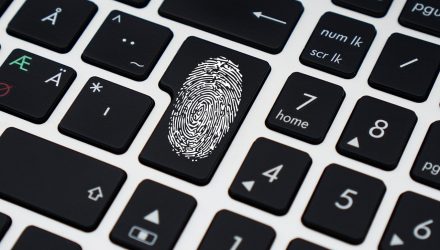Also, an AI system being developed in the United Kingdom reportedly found almost 1400 indicators that could predict future crimes, including more than two-dozen exceptionally serious ones. The idea for an upcoming prototype is that the system will flag people who have high-risk scores for committing crimes, then offer them counseling or similar services.
That technology is understandably raising ethical questions. People are concerned that the AI might invade privacy and embarrass people by reaching out to them with the help they don’t need.
Using AI for crime prevention is still in its early stages. But, it’s crucial that alarmed individuals continue to make their feelings known and emphasize that it’ll always be necessary for human professionals to confirm what the AI suggests — especially for facial recognition that might incorrectly identify someone as a lawbreaker.
5. Mimic Human Voices
Google has made headlines recently with its projects that use AI to recreate human voices with near-perfect accuracy. Also, people were shocked when a demonstration of the Google Duplex initiative showed off how the AI is so authentic that it works for booking appointments over the phone, and even says “Mmm-hmm.”
Similar software developed by Baidu is impressive, too, because it can start recreating the human voice after listening to it for less than four seconds.
The smart speakers people use every day for various tasks respond to vocal cues, too. Some complementing skills for those gadgets let people buy things or even do e-banking. As in the fingerprint example above, individuals must realize that even the voice, with its inflection and accent, could be copied by AI.
6. Potentially Contribute to Reputational Damage
Celebrities have dealt with the aftermath of doctored or otherwise misleading images of themselves for years. Frequently, the distributors of the photos — primarily tabloids or gossip sites — claim they represent photographic evidence of events that could damage a star’s reputation, such as extramarital affairs.
But, AI can now generate fake celebrity photos that are indistinguishable from real ones. Researchers achieved that feat after training the AI for only 20 days.
For now, the only instances of those images have occurred in labs for study purposes. But, in this image-driven society where social media posts can quickly go viral, the public relations representatives of the near future may have their hands full giving clarifications about fake pictures of their clients.
Exciting, Yet Eyebrow-Raising Times
These examples are undoubtedly thought-provoking. Although some will help humans, others could spark catastrophes.
With that in mind, members of society should take care to exercise critical thinking skills even more than usual and realize technology sometimes has a dark side.
